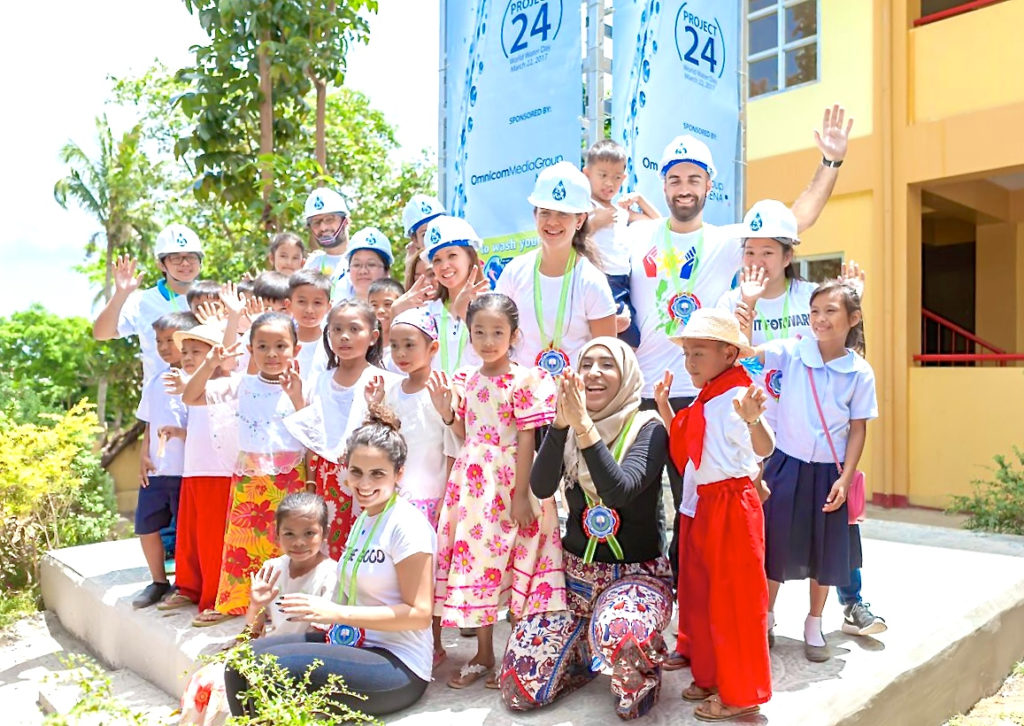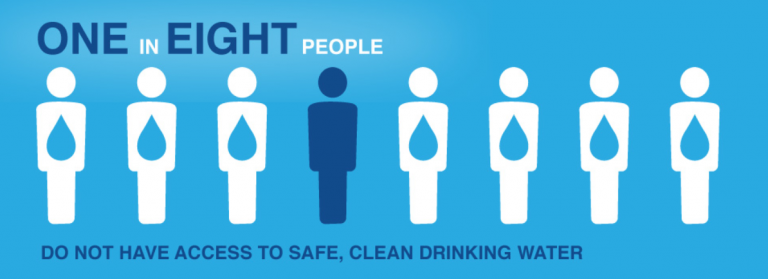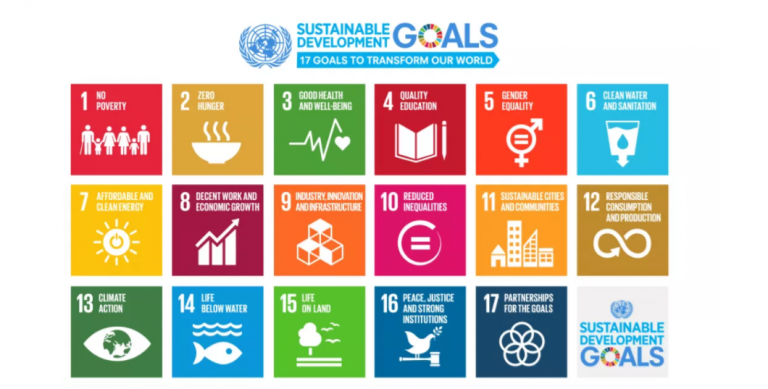
Water poverty is a cross cutting issue that not only has an impact on health, but also has significant implications for education, gender equity, and social well-being.

In 2016, Omnicom Media Group MENA went plastic free; plastic bottles and disposable cutlery were removed from our Dubai HQ. As part of the ‘Drop It’ campaign, we ditched bottled water. 17 water filters and dispensers were installed for drinking water and reusable glass water bottles were gifted to all of our employees. Disposable cutlery was changed to cornstarch ones, and we started using plates made from sugarcane. These changes saved 16 tons of CO2 each year, and this only considers plastic bottle production (no transport or other supply-chain logistics).
During 2017, we continued to support UN’s sustainable goal #6, clean water and sanitation. We partnered with Planet Water Foundation (USA based NGO) for Project 24, an initiative to build 24 water towers in 24 villages in 24 hours. This was done on World Water Day 2017. Reflecting the most common origins of our employees, we decided to give back to the communities of India and the Philippines. A team traveled to each country to assemble a water filtration tank in a village with no access to clean water. OMG employees didn’t only build and install the water towers but also educated teachers and children about basic hygiene to prevent illness.

Palla Village, (near Delhi) India, has a population of around 4,500. Contaminated well water accessed by shared hand pumps was the main source of water in the community. Sangeeta has lived in the community of Palla for 37 years. She collected water twice a day, carrying two 20 litre buckets each time. The taste of the water was unpleasant and often caused stomach problems resulting in the need to go to the doctor every two to three months, which was too expensive for the families.
“Increasing access to clean water meant more time to do other productive tasks and improvement in our standard of living.” – Satpal, Community Leader
Suplang village, (Greater Manila Area) Philippines, has a population of 2,000. The local water district was the source of water in the village. Transportation was the main concern. Public vehicles are rare, the only option is to ride a tricycle, but the one-way fare of 75 pesos is quite expensive for many. For many households it was difficult to transport to get clean water.
“I try my best to instill healthy practices to my students and that includes drinking clean water. The AquaTower will be my partner in teaching these behaviors to them.” – Carol, 1st Grade Teacher
But our labor wasn’t over after those water towers were up and running. Tap aerators were installed across our office building in April 2017, and despite a 9% increase in headcount, water consumption decreased 3% in comparison to the previous year. Environmental Awareness Week was held in January 2018, educating staff about the global environmental crisis, such as the water shortage that Cape Town is facing today. To help us further reduce waste, compact dishwashers are currently being installed to get rid of single-use coffee cups and other disposables, which even though are compostable, still end up in a landfill and take time to degrade.
This year, two new teams will be sent to build water towers in India and the Philippines. Stay tuned to see how these new water towers are assembled and our employees help these communities.

